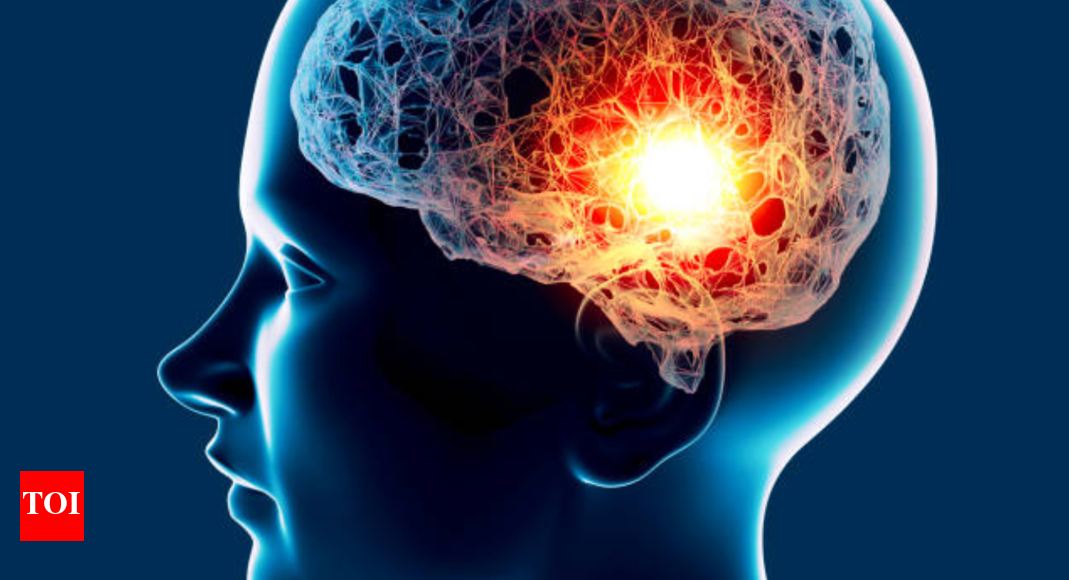You’ve probably heard about creatine as that go-to supplement for athletes trying to boost muscle energy and performance, right? Well, a new study from the University of Kansas Medical Center is shaking things up by showing creatine might also help the brain, especially for people with Alzheimer’s disease.Here’s the scoop: Alzheimer’s messes with how the brain produces and uses energy, which is a big part of why memory and thinking start to slip. Creatine is a natural compound that helps shuttle energy inside your cells, including your brain cells. So the researchers wondered, if we give Alzheimer’s patients extra creatine, could it help their brains get more fuel and work better?They ran a small pilot study with 19 participants aged 60 to 90 who had Alzheimer’s. These folks took a pretty hefty dose of creatine, 20 grams a day, for eight weeks, way higher than what athletes usually take for muscles. The idea was to make sure enough creatine actually makes it to the brain, not just the muscles.Here’s what they found:Brain creatine levels went up by about 11% after the supplementation, which was exciting because it confirmed creatine was crossing into the brain.Cognitive tests showed moderate improvements in working memory, the kind of memory you use to hold info and work with it, like in a card-matching game.They also saw some encouraging signs that executive function, your ability to focus, block out distractions, and plan got better too.The supplement was safe and well tolerated with no major issues during the trial.“These preliminary results suggest that there are good things happening here, that creatine has a benefit,” said Matthew Taylor, Ph.D., assistant professor of dietetics and nutrition at KU School of Health Professions, who led the study, which was known as Creatine to Augment Bioenergetics in Alzheimer’s (CABA). “This is a great rationale for doing more clinical trials with larger sample sizes.”The study is small and doesn’t have a control group, so it’s just a first step. But the lead researcher, Dr. Matthew Taylor, said these results are promising enough to jump into bigger clinical trials. Creatine might even help reduce inflammation and oxidative stress in the brain, which are linked to Alzheimer’s progression.“There has been evidence in other populations that giving a higher dose of creatine does change brain creatine levels, but seeing it change in Alzheimer’s patients was really exciting,” said Taylor. “That (11%) is a significant increase.”Bottom line? This research is opening a new door. Creatine might not just be for bodybuilders anymore, it could become a useful brain booster for people battling Alzheimer’s, helping them stay sharp a little longer. There’s still a lot to learn, but this pilot study is a hopeful start.
